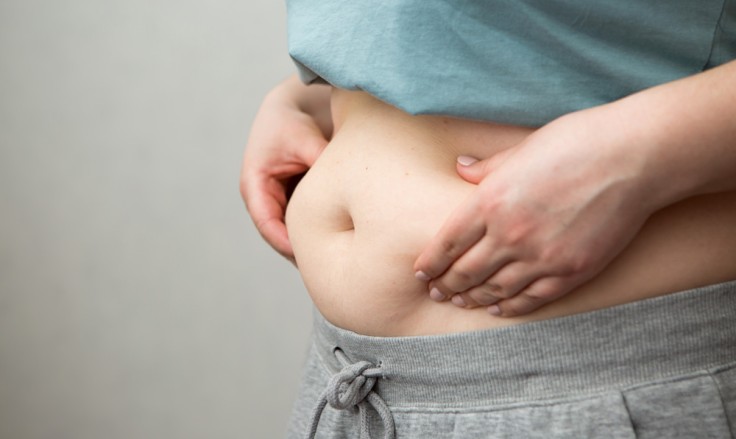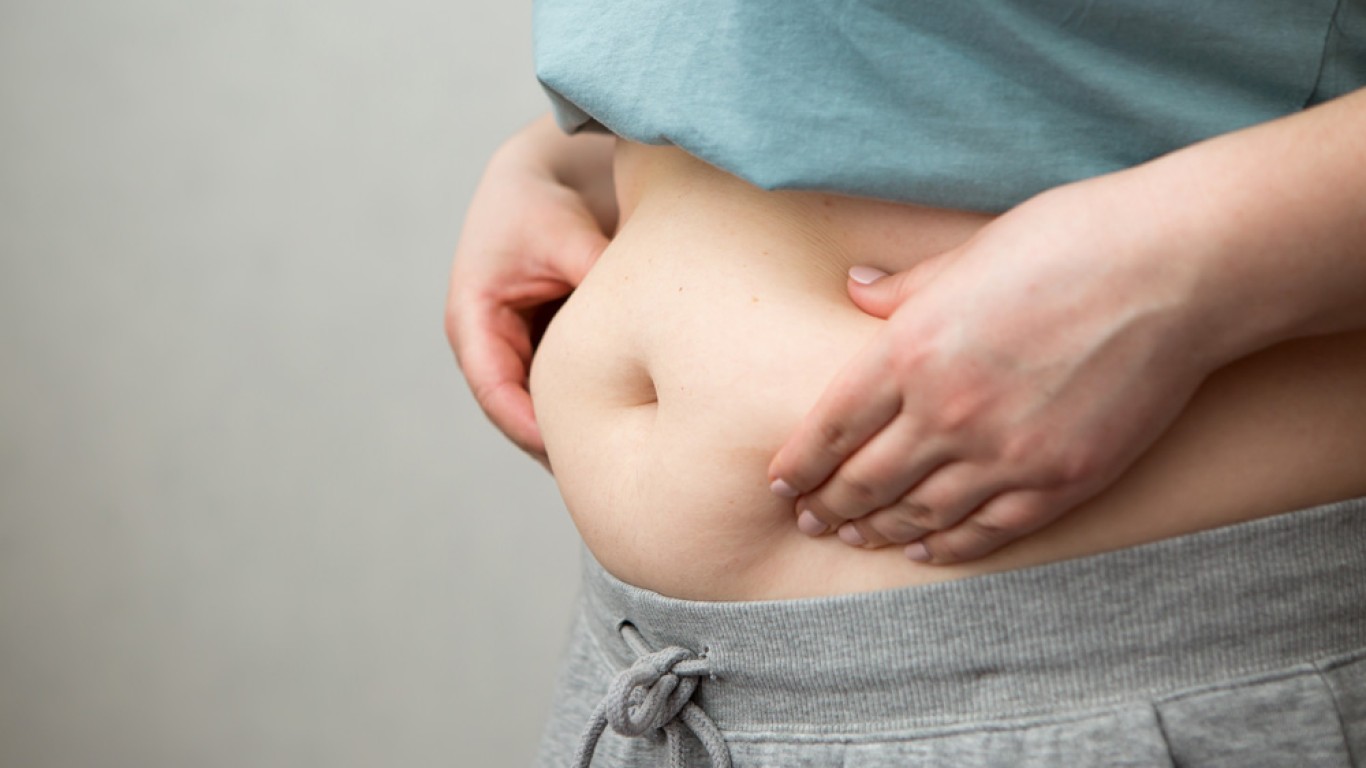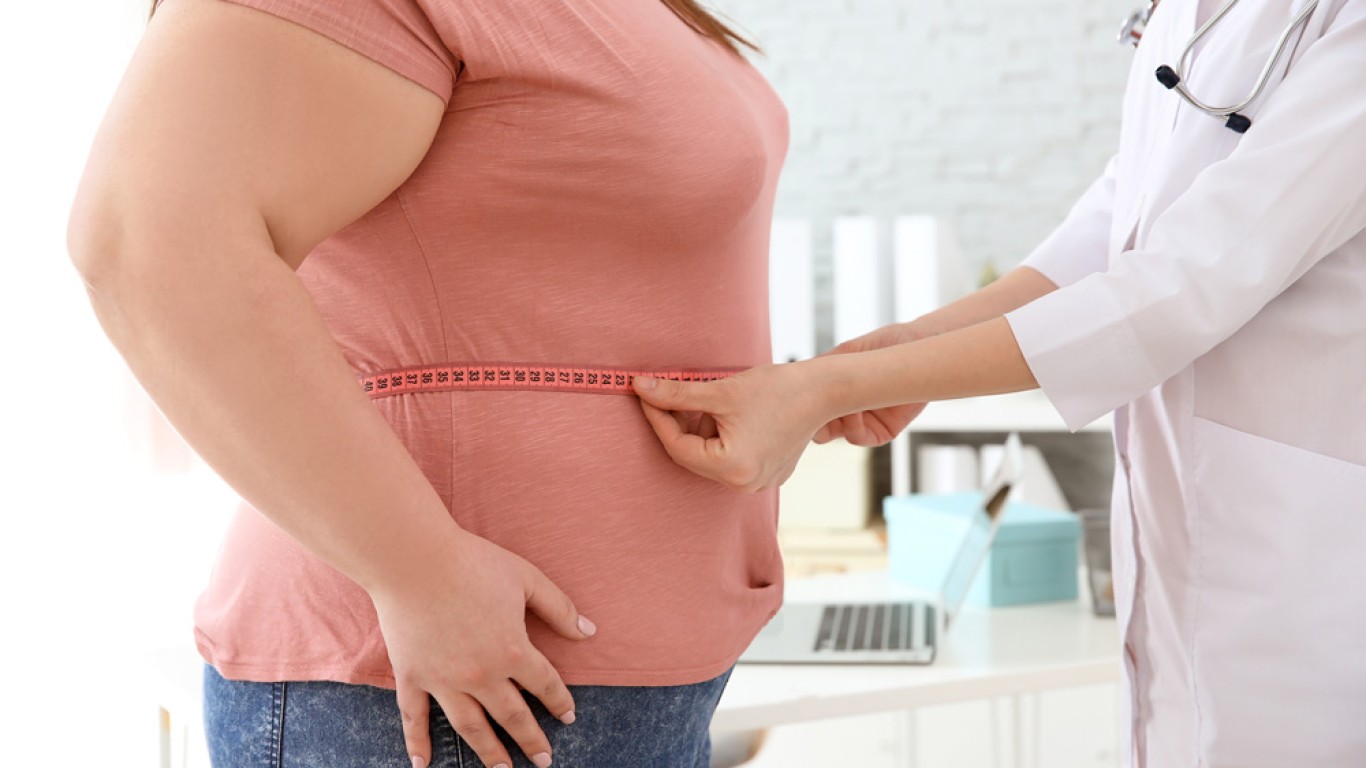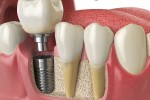Introduction
A gastric bypass diet is a structured eating plan designed to help patients heal after surgery. It promotes safe recovery, supports weight loss, and ensures adequate nutrition. Following the correct diet is essential to avoid complications and achieve lasting results. In this article, we will explore the phases of the gastric bypass diet. Including what to eat, what to avoid, and tips for long-term success.
What is a Gastric Bypass Diet?
A gastric bypass diet is a staged eating plan following a Roux-en-Y gastric bypass procedure. The surgery reduces stomach size and reroutes part of the small intestine. This change limits food intake and nutrient absorption. The diet helps the stomach heal, prevents stretching, and minimises side effects like dumping syndrome.
Why the Gastric Bypass Diet is Important
Following a proper diet is essential for:
- Allowing your stomach to heal without stress
- Preventing surgical complications
- Achieving sustainable weight loss
- Maintaining proper nutrient intake
- Avoiding digestive discomfort and dumping syndrome
Gastric Bypass Diet: Phase 1 Clear Liquid Diet
During the first few days post-surgery, patients follow a clear liquid diet. This includes water, broth, sugar-free gelatine, and clear decaffeinated tea. The goal is to keep you hydrated and prevent stress on your stomach. Sipping slowly and avoiding gulping is crucial.
Gastric Bypass Diet: Phase 2 Full Liquid Diet
A week after surgery, most patients progress to a full liquid diet. This phase includes protein shakes, skim milk, strained cream soups, and sugar-free pudding. Protein intake becomes a priority, with a goal of 60–80 grams daily.
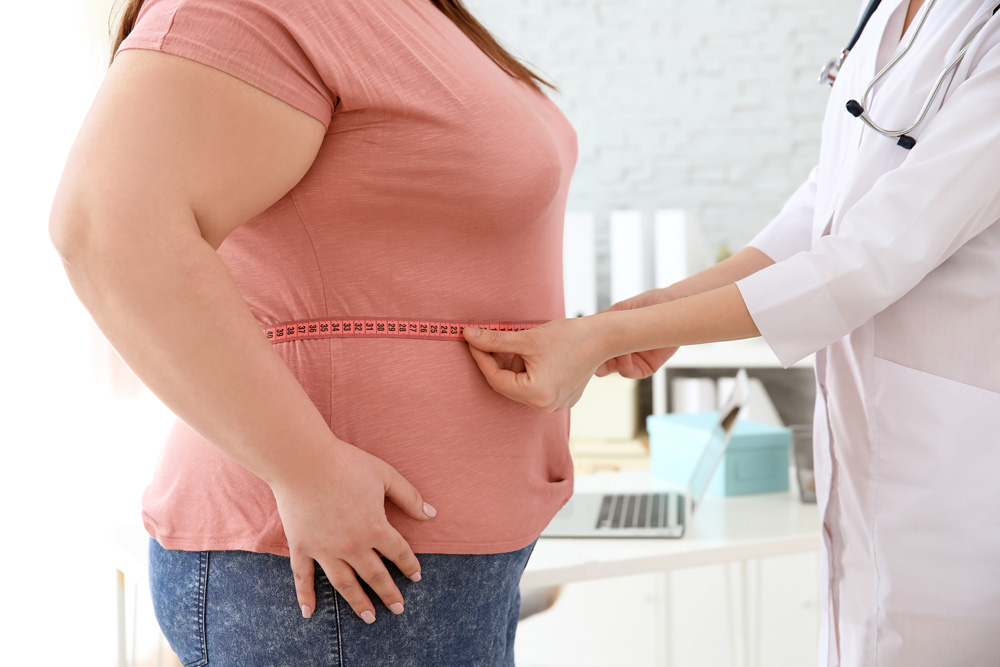
Gastric Bypass Diet: Phase 3 Pureed Foods
Around week three, soft and pureed foods are introduced. Options include blended lean meats, mashed vegetables, scrambled eggs, and unsweetened applesauce. Food should have a smooth consistency, and you should eat slowly, chewing thoroughly.
Gastric Bypass Diet: Phase 4 Soft Foods
Foods such as tender fish, cottage cheese, and ripe bananas are introduced in week five. Meals should be small, with a focus on lean protein and nutrient-rich vegetables. Avoid raw vegetables, tough meats, and high-fat or sugary foods.
Gastric Bypass Diet: Phase 5 Solid Foods
By two months post-surgery, most patients can reintroduce solid foods. However, portion control remains vital. Continue prioritising protein, healthy fats, and complex carbohydrates. While avoiding processed foods, carbonated drinks, and high-sugar snacks.
Key Nutritional Guidelines After Gastric Bypass
- Protein first: Always eat protein before other foods.
- Stay hydrated: Aim for at least 1.5 litres of water daily, but avoid drinking during meals.
- Take supplements: Vitamins and minerals such as B12, iron, calcium, and vitamin D are essential.
- Chew thoroughly: Small bites and careful chewing help with digestion.
Foods to Avoid
Avoid foods that are hard to digest or can cause discomfort, including:
- Sugary desserts
- Fried foods
- Carbonated drinks
- Alcohol
- High-fat processed snacks
Managing Dumping Syndrome
Dumping syndrome occurs when food moves too quickly into the small intestine. Symptoms include nausea, cramps, diarrhoea, and dizziness. Avoiding high-sugar foods and eating smaller, balanced meals can prevent it.
Long-Term Healthy Eating Habits
A gastric bypass diet is not temporary, it’s a lifelong commitment. Incorporating balanced meals, regular exercise, and mindful eating helps maintain weight loss. Regular follow-up appointments with your healthcare team ensure you stay on track.
Gastric Bypass Diet in Turkey
Patients travel to Turkey for gastric bypass surgery due to affordable costs and experienced surgeons. Clinics often provide detailed diet plans, nutritional guidance, and follow-up support to international patients.
Gastric Bypass Diet: Importance of Professional Nutritional Guidance
Working with a registered dietitian after gastric bypass surgery can greatly improve long-term results. Dietitians provide tailored meal plans, monitor nutrient levels. And help you adapt eating habits for sustained weight loss. Regular consultations ensure your diet supports both recovery and overall health.
Adapting Social Eating on a Gastric Bypass Diet
Social situations involving food can be challenging after gastric bypass surgery. Planning ahead, choosing protein-rich dishes, and eating slowly can help you participate comfortably. Being open about your dietary needs with friends and family often makes social meals easier and less stressful.
Exercise and the Gastric Bypass Diet
Combining diet with regular exercise supports faster weight loss and muscle preservation. Low-impact activities like walking, swimming, and cycling can be introduced gradually under medical guidance. Staying active also boosts mood and improves long-term health outcomes.
Hydration Tips on a Gastric Bypass Diet
Proper hydration is vital after gastric bypass surgery to avoid dehydration and support digestion. Sip water slowly throughout the day, aiming for at least 1.5 litres daily. Avoid drinking 30 minutes before and after meals to prevent discomfort and aid nutrient absorption.
Gastric Bypass Diet: Meal Planning for Success
Creating a weekly meal plan helps you stay consistent. Planning ahead ensures you meet protein goals, avoid high-sugar temptations, and maintain balanced nutrition. Preparing healthy snacks in advance can also reduce the risk of impulsive eating.
Gastric Bypass Diet: Tracking Your Progress
Keeping a food diary or using a nutrition tracking app can help you monitor your intake. Recording meals, portion sizes, and protein amounts ensures you stay aligned with your dietary goals. Tracking progress also makes it easier to identify patterns that need adjusting.
Conclusion
Following a proper gastric bypass diet is crucial for recovery and long-term success after surgery. By progressing through each diet phase, prioritising protein, avoiding problem foods, and committing to healthy habits, patients can achieve lasting weight loss and improved health.
For more information and to book a consultation visit the ACIBADEM Beauty Center Weight Loss webpage.
Frequently Asked Questions
The diet phases typically last around two months before returning to regular healthy eating.
Occasionally, yes, but small portions and moderation are key to avoiding dumping syndrome.
Yes, supplementation is essential to prevent nutrient deficiencies after gastric bypass surgery.
Most surgeons recommend waiting at least one month and choosing decaffeinated options initially.
It’s best to avoid alcohol for at least six months post-surgery due to altered metabolism.
